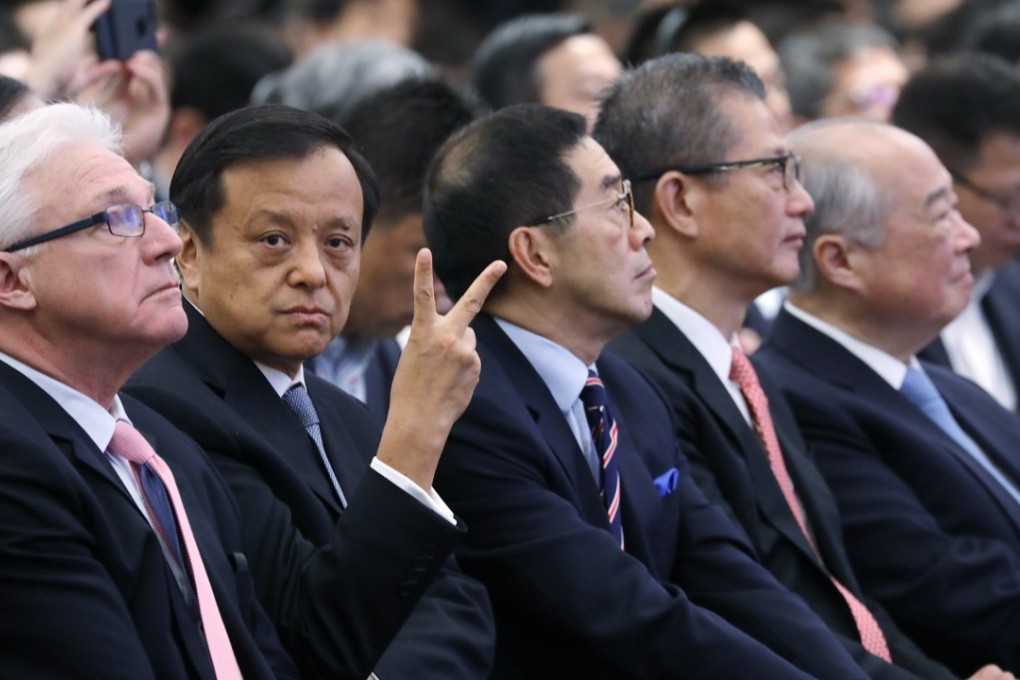Hong Kong plans to overtake Nasdaq as listing destination of choice for Chinese biotech firms
Chief executive Charles Li Xiaojia says listings could start as early as this summer after new rules come into effect

Hong Kong’s stock exchange has set a goal of overtaking New York’s Nasdaq market within five years in the number of listings of mainland Chinese biotechnology firms and their market capitalisation, according to its chief.
This is the exchange’s “small initial goal” as a nascent listing venue for biotech firms, Charles Li Xiaojia, the chief executive of Hong Kong Exchanges and Clearing (HKEX), told reporters on Thursday.
“This is unlikely to be achieved by year end, and it is hard to say whether it can be attained in one to two years, but we will strive to do so in three to five years,” he said on the sidelines of exchange operator’s inaugural biotech summit, which aimed to foster a funding ecosystem for biotech firms in the city.
HKEX will close a market consultation exercise on Friday on a set of proposed rules that will allow biotech firms that have yet to generate any revenue to list. All listed firms must have revenue and profit track records under current listing rules.
Separate rules for large high-growth technology companies with multiple classes of shares that carry different voting rights, as well as for overseas-listed companies seeking a secondary listing in Hong Kong, are also part of the exercise.
Li said HKEX expected to publish the new listing rules by the end of next month, so that the first batch of listings allowed under them would be a reality as soon as the start of summer, with a bigger number of listings in the autumn.